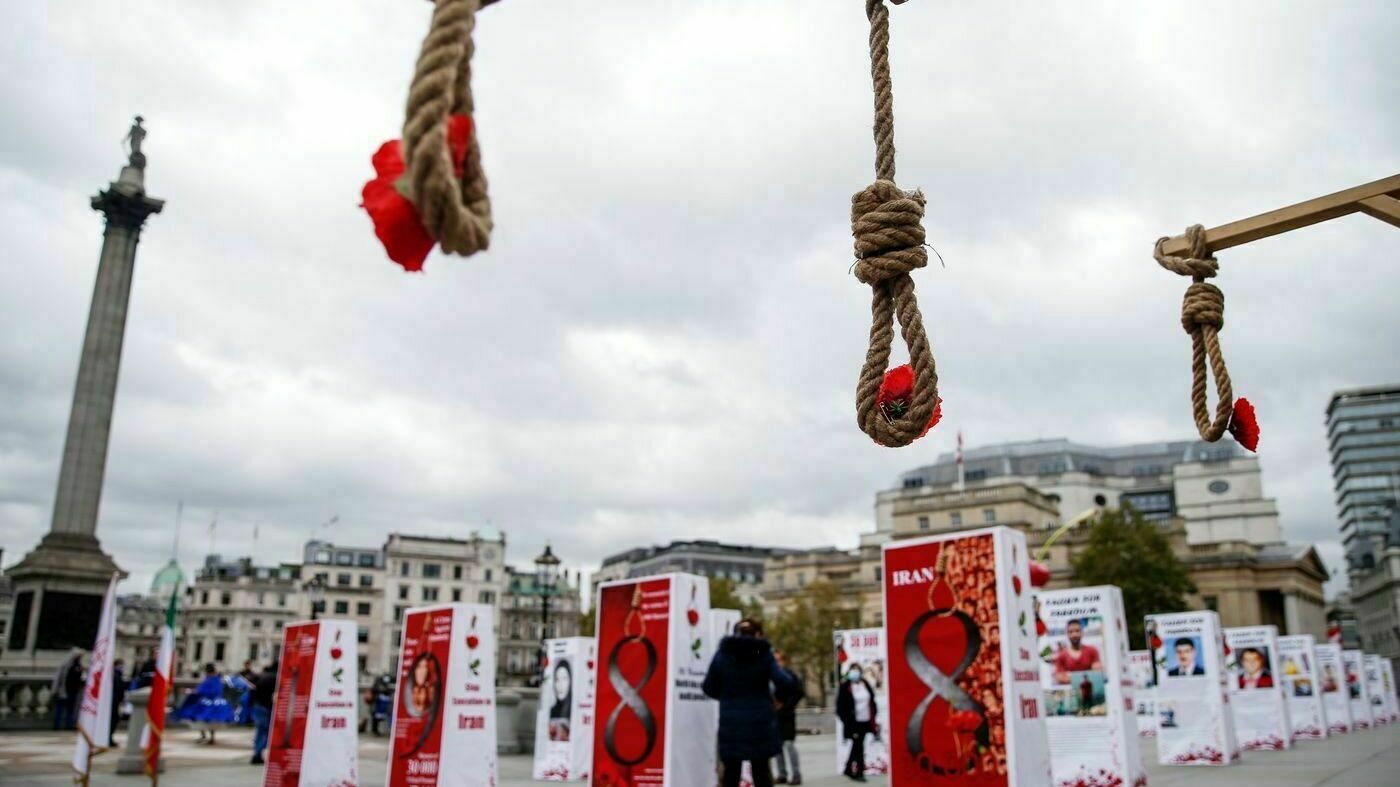Posted 7 апреля 2023, 10:05
Published 7 апреля 2023, 10:05
Modified 7 апреля 2023, 13:03
Updated 7 апреля 2023, 13:03

A direct path to dehumanization: who benefits from talking about the return of the death penalty
Dmitry Mikhailichenko, Political analyst, PhD
The proposal of the head of the Fair Russia – For Truth party S. Mironov to lift the moratorium on the death penalty in the country is a political conjuncture in its purest form, but the conditions for the rehabilitation of this extremely repressive mechanism may begin to mature.
The desire to form a resonant response to the murder of a military commander in St. Petersburg and other opportunistic considerations prevail here. But no one from the curators of domestic politics is going to pull Mironov back: such harsh statements create an appropriate background and vector of expectations of society and, most importantly, among the politicized segment.
Now no one is going to allow the death penalty in the country: this case will be used for another test of public opinion, nothing more. In this regard, the authorities do not really need it, as well as the measurement of public opinion itself: if necessary, you can form any opinion, or at least pretend that you have. But no one sees any special hindrance and the need to prohibit such moves: let party leaders broadcast and create a chewing gum for experiencing in public opinion.
However, those who evaluate such proposals within the framework of the axis "self–confidence of the authorities - confusion and the need to react" also miss. There is neither, but there is a pragmatic calculation and Belarus, which, as usual, is ahead in such matters.
Objectively, the influence of non-systemic opposition and dissidents on domestic political processes and public opinion remains. Many non-system workers are already in prison and believe that they need to sit out the personalistic political regime, and then the road to power will be open to them. However, the introduction of the death penalty, for example, for treason or extremism, may change such sentiments among ardent opponents of the regime. This is, in fact, one of the instruments of pressure on them.
But there are much more reasons for refusing to return the death penalty, even from the point of view of political pragmatism: these reasons are too clear.
In Belarus, amendments to the Criminal Liability Code came into force on March 25 of this year, providing for the death penalty for officials and military personnel for treason. So far, there has not been a single case of sentencing, but preparations for this practice have been going on for a long time.
Purely pragmatic, in the spirit of Machiavellianism, the political science expertise of this initiative is absolutely insufficient. In such cases, it is best to understand that you need to stay on humanitarian grounds and look at the situation from universal values, and not act like a Byzantine political scientist who will wince, but will comment on anything in the right key. This is a direct path to dehumanization.
P.S. Unfortunately, for modern Russia, the famous discussion of two European intellectuals of the second half of the twentieth century: writers and philosophers Arthur Koestler and Albert Camus is now becoming relevant again. In these texts, thinkers with all acuteness raised the question of the need for a ban on the death penalty. Their texts are published in one book in Russian under the title "Reflections on the death penalty".
The original is here